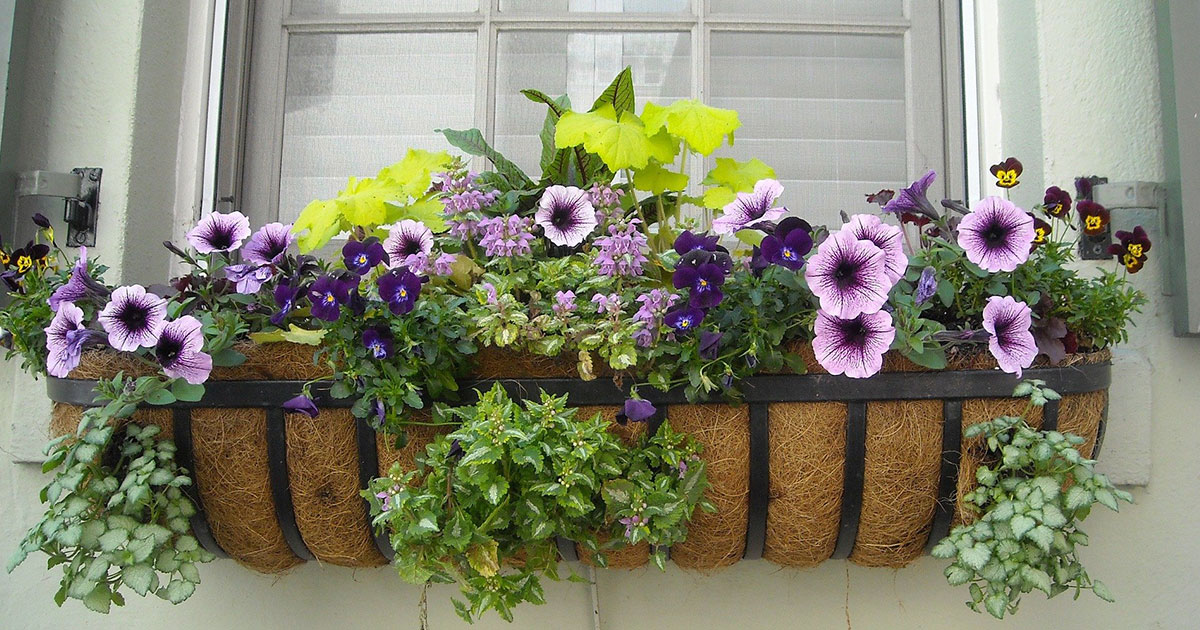As we start to enjoy our outdoor areas more in the summer months, our demand on water increases significantly, especially if you have a garden to water or spacious outdoor pool area. We have prepared a list of how you can reduce water waste in your garden and outdoor areas.

Garden
- Remove weeds which compete with other plants for water.
- Don’t water plants at noon, but at dusk or dawn to reduce evaporation of water.
- Adjust how much water you give to the plants depending on the season.
- Group your plants according to their water needs, to avoid giving too much or too little water.
- Water your plants from water generated by your Air-conditioning systems, dehumidifier and tumble dryer.
- Be cautious of leaky faucets for pipes, and hoses in your outdoor space.
- If you have an irrigation system, please make sure it only waters the intended areas, and does not spread into the street or down the gutter.
- Do not trim lower branches of trees as it keeps the soil cooler and reduces evaporation.
- Spread a layer of organic mulch around plants to help retain moisture, saving water, time and money.
- Buy plants which do not require frequent watering.
- Direct water from rain gutters to water your plants.

Outdoor/pool area
- Clean your outdoor spaces with a broom instead of a hose pipe to save water.
- Prevent water loss from your pool through evaporation by using a pool cover.
- Make sure to use a recirculating pump if you have a swimming pool, fountain or a pond.
- Check your pool periodically for leaks.
- Keep your pool water levels slightly low, to reduce water loss due to splashing.
- Avoid recreational water toys.
SIGN UP FOR OUR NEWSLETTER
water.org.mt/water-tips/ [Accessed 10 May 2021].The information contained herein is for general information purposes only. APS Bank plc will not be held responsible or liable in any manner for any of the information contained herein. While APS Bank plc has made every attempt to ensure that the information contained herein has been obtained from reliable sources, APS Bank plc will not be held responsible for any errors, omissions or inaccuracy, or for the results obtained from the use of this information. The primary purpose of these articles is to educate and inform. These articles do not constitute legal, medical or professional advice or service.

